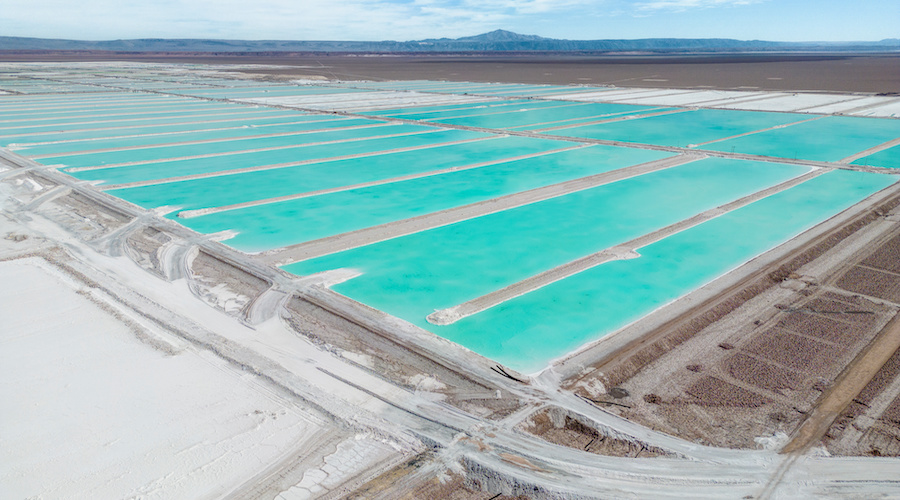BHP and Rio’s output plans for Pilbara reach staggering 750 million Mtpa
Mining Weekly reports mining giant BHP Billiton unveiled plans on Wednesday to increase its iron-ore production in the Pilbara region – the heart of Australia's iron ore mining – to 450-million tons a year by adding infrastructure and building new mines.
BHP's current iron-ore production capacity is 155 million tons a year in the Pilbara, while rival Rio Tinto’s capacity is 225 million tons a year. Rio Tinto announced a fortnight ago that it wants to grow output to 333 million tonnes by 2015.











